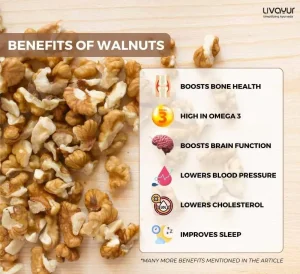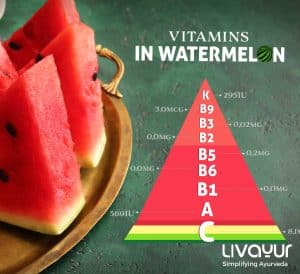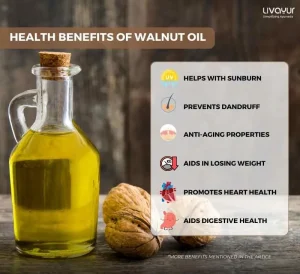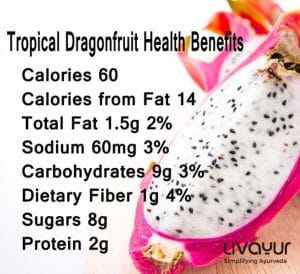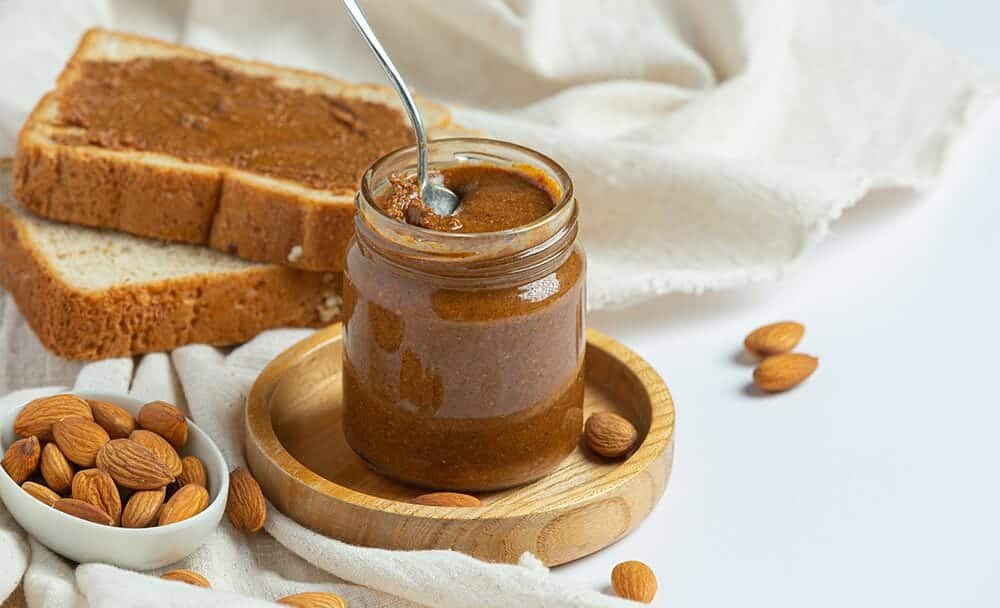
Almond butter is a remarkable and versatile option when it comes to nutrition and dietary choices. It offers many advantages for individuals seeking to enhance their health. Derived from the wholesome almond, almond butter stands as a nutritionally dense spread that boasts of essential nutrients and health-promoting compounds.
This article delves into the extensive benefits that almond butter brings. Whether as a delectable toast-topper, an ingredient in culinary creations, or a convenient source of energy, the advantages of almond butter span beyond mere flavor. So, let’s look at how it can be an enticing choice if you are inclined toward optimizing your nutritional intake.
What is almond butter?
Almond butter is a product derived from finely ground almonds. It as a wholesome and nutrient-rich spread renowned for its versatile applications in nutrition. Crafted by blending or processing almonds into a smooth and creamy consistency, almond butter retains the natural goodness of almonds while offering a convenient means of incorporating their nutritional benefits into daily diets.
The process involves breaking down almonds into a paste-like texture. It results in a product that is rich in protein and healthy fats and packed with vitamins, minerals, and dietary fiber. As a plant-based alternative to conventional spreads, almond butter has garnered widespread attention for its potential to contribute to overall well-being. Its culinary adaptability, combined with its robust nutritional composition, positions almond butter as a favored choice among health-conscious individuals.

12 benefits of almond butter for your health?
Here are 12 benefits of almond butter for your health.
- Rich in healthy fats
Almond butter is abundant in monounsaturated fats, which are heart-healthy fats that can help reduce bad cholesterol levels and lower the risk of heart disease. [1]
- Nutrient dense
Almond butter is a concentrated source of nutrients, including vitamin E, magnesium, potassium, and calcium. All of these play crucial roles in supporting various bodily functions. [1]
- Protein powerhouse
Almond butter is a good source of plant-based protein, which is essential for muscle repair, immune function, and overall growth and development. [1]
- Antioxidant boost
Almond butter contains antioxidants, like vitamin E, which help protect cells from oxidative damage and support skin health. [1]
- Blood sugar regulation
The combination of healthy fats, fiber, and protein in almond butter can help stabilize blood sugar levels, making it a suitable option for those looking to manage their blood sugar. [1]
- Weight management
The fiber and protein content in almond butter contribute to feelings of fullness and satisfaction, potentially aiding in weight management by curbing overeating. [1]
- Bone health
Almond butter contains calcium, magnesium, and phosphorus, all of which are essential for maintaining strong and healthy bones. [1]
- Cognitive function
The vitamin E and healthy fats in almond butter are associated with brain health and cognitive function, potentially reducing the risk of cognitive decline as you age. [1]
- Skin nourishment
The vitamin E content in almond butter supports skin health by moisturizing and protecting against UV damage and premature aging. [1]
- Digestive health
The dietary fiber in almond butter supports a healthy digestive system by promoting regular bowel movements and aiding in digestion. [1]
- Heart health
Almond butter’s nutrient profile, including healthy fats and antioxidants, contributes to overall cardiovascular health by reducing inflammation and supporting proper blood vessel function. [1]
- Nutrient absorption
The healthy fats in almond butter can enhance the absorption of fat-soluble vitamins like A, D, E, and K, ensuring your body can make the most of these essential nutrients. [1]
How to consume almond butter?
Incorporating almond butter into your dietary regimen is an enjoyable endeavor, offering many possibilities to enhance flavor and nutrition. To effectively consume almond butter, consider the following recommendations.
- Spread on toast
Almond butter serves as a delectable spread for whole-grain toast or whole wheat bread. Its creamy texture and nutty flavor can provide a satisfying start to your day.
- Dip for fruits and vegetables
Elevate the nutrient content of your snacks by using almond butter as a dip for sliced fruits like apples, pears, or bananas, as well as vegetables like celery and carrot sticks.
- Smoothies
Integrate almond butter into your favorite smoothie recipes to impart a rich and nutty taste. This addition can enhance flavor and contribute a dose of healthy fats and protein to your beverage.
- Oatmeal and cereal
Enhance the nutritional value of your morning bowl of oatmeal or cereal by swirling in a spoonful of almond butter. The addition can provide a satisfying breakfast option.
- Baking and cooking
Almond butter can be helpful as an ingredient in various baked goods, like cookies and muffins. You can also incorporate it into savory dishes like stir-fries and sauces for added flavor.

- Energy boost
When consumed on its own or paired with whole-grain crackers, almond butter can serve as a quick and nourishing energy boost between meals or before a workout.
- Almond butter cups
For a treat that harmoniously combines indulgence and nutrition, consider making almond butter cups using dark chocolate and almond butter as the filling.
- Salad dressing
Blend almond butter with complementary ingredients like olive oil, lemon juice, and herbs to create a unique and flavorful salad dressing.
Precautions to keep in mind about almond butter
While almond butter offers a plethora of nutritional benefits and culinary versatility, here are some precautions you should bear in mind to ensure safe consumption.
- Allergies
Almonds are tree nuts, and almond butter is not suitable for individuals with nut allergies. Even trace amounts of almond butter can trigger allergic reactions. It’s crucial for those with nut allergies to avoid almond butter altogether and opt for alternative spreads that pose no risk.
- Caloric content
Almond butter, while nutrient-dense, is also calorie-dense due to its healthy fat content. Excessive consumption can lead to an unintended intake of calories. It’s advisable to be mindful of portion sizes, particularly if weight management is a consideration.
- Nutrient imbalance
Relying solely on almond butter as a primary source of nutrients may lead to an imbalance in a well-rounded diet. Variability in food choices ensures a diverse intake of nutrients essential for overall health.
- Added ingredients
Some commercial almond butter products may contain added sugars, oils, and preservatives that can diminish the otherwise wholesome nature of almond butter. Careful examination of product labels can help you choose options with minimal or no additives.
- Digestive sensitivity
Like all nuts and nut butters, almond butter can pose digestive challenges for certain individuals, especially those prone to gastrointestinal issues. Introducing almond butter gradually and in moderate quantities can help gauge personal tolerance levels.
- Nutritional considerations
While almond butter is rich in healthy fats and protein, it’s important to consider its nutritional profile in the context of an individual’s dietary needs and goals. Consulting a registered dietitian or healthcare professional can provide tailored guidance.
- Portion control for weight management
Almond butter’s caloric density makes portion control essential for weight management. Incorporate it as part of a balanced meal plan and monitor calorie intake.
Ayurveda and almond butter
Ayurveda places significant emphasis on the balance of mind, body, and spirit through personalized dietary and lifestyle practices. In the context of Ayurveda, almond butter emerges as a nourishing component that aligns with several key principles of this traditional system. Almonds, known for their abundant nutrient content, are considered a sattvic food in Ayurveda, promoting clarity, vitality, and tranquility.
Almond butter, derived from these nutritious nuts, provides a harmonious blend of essential fats and proteins that can support overall health. Its inclusion is often recommended in Ayurvedic dietary guidelines, especially for individuals with a constitution that benefits from grounding and nourishing qualities. Additionally, the smooth and grounding qualities of almond butter align with Ayurvedic principles that aim to balance Vata dosha, associated with qualities of movement and change.
FAQs
1. What are some almond butter recipes?
Almond butter can be incorporated into a variety of recipes. Some popular options include smoothies, oatmeal, energy bars, banana toast, dressing for salads, and stuffed dates. It can also be a dip for fruits and vegetables or as an ingredient in baked goods like cookies and muffins.
2. How to make almond butter at home?
Making almond butter at home is a simple process. Start by roasting raw almonds in an oven until they become fragrant. Allow them to cool, then place the almonds in a food processor. Blend on high until the almonds break down into a fine powder.
Over time, the mixture will become crumbly, then paste-like, and eventually transform into a creamy almond butter. You might need to scrape down the sides of the processor occasionally. The entire process can take around 10-15 minutes, depending on your processor’s power. Optional additions include a pinch of salt or a drizzle of honey for added flavor.
3. How many calories does almond butter have?
The calorie content of almond butter can vary based on serving size and brand. On average, about 100 grams of almond butter contains around 614 kcal. It’s important to be mindful of portion sizes, especially if you’re watching your calorie intake.
4. What is the almond butter nutrition value?
Almond butter is a nutritionally dense food that provides a range of essential nutrients. It is rich in healthy fats, particularly monounsaturated fats, which can promote heart health. It also offers a good amount of protein, dietary fiber, vitamins (such as vitamin E and B vitamins), and minerals (such as magnesium, phosphorus, and potassium).
5. What is almond butter protein value?
Almond butter contains a moderate amount of protein. On average, a tablespoon of almond butter provides around 2-3 grams of protein. While almond butter is not as protein-dense as some other sources like meat or legumes, its protein content contributes to its overall nutritional profile and can be a valuable addition to a balanced diet.
Conclusion
Almond butter is a nutritionally rich addition to modern dietary choices. It offers many benefits that extend beyond its delectable flavor. From its heart-healthy fats to its abundant provision of essential nutrients, almond butter has solidified its place as a favored ingredient for those seeking to optimize their nutritional intake.
Its adaptability in various culinary applications, coupled with its alignment with holistic wellness practices like Ayurveda, underscores its significance in promoting a balanced and health-conscious lifestyle. As individuals continue to explore the remarkable advantages of almond butter, its role in enhancing taste, nourishment, and vitality remains steadfast, making it a compelling choice for those dedicated to fostering a harmonious relationship between food and health.
Disclaimer
The information provided here does not intend to replace professional advice or treatment.
References
Make Your Salads and Starters Fun with Some New Ayurvedic Recipes (Download Ebook)















